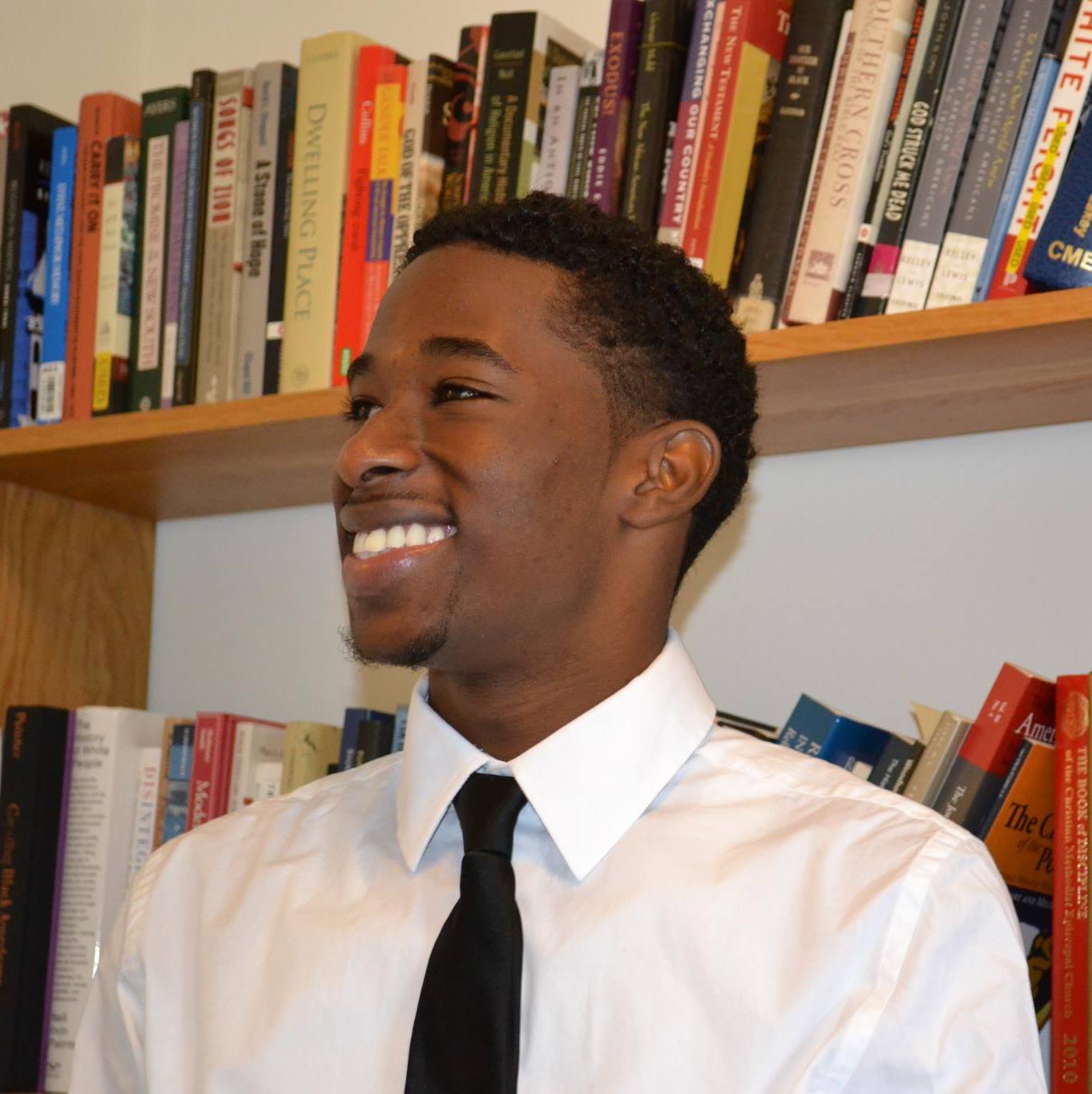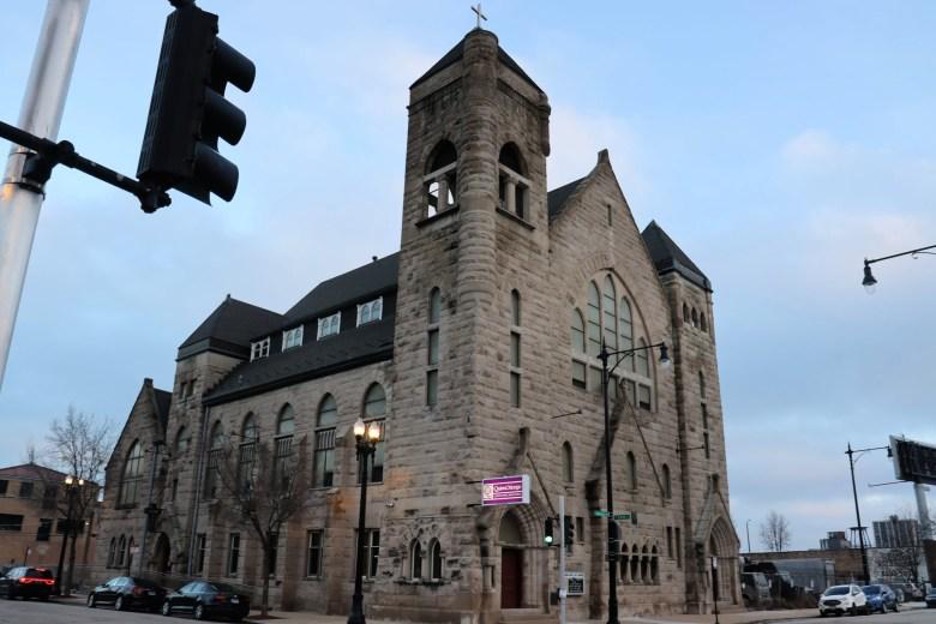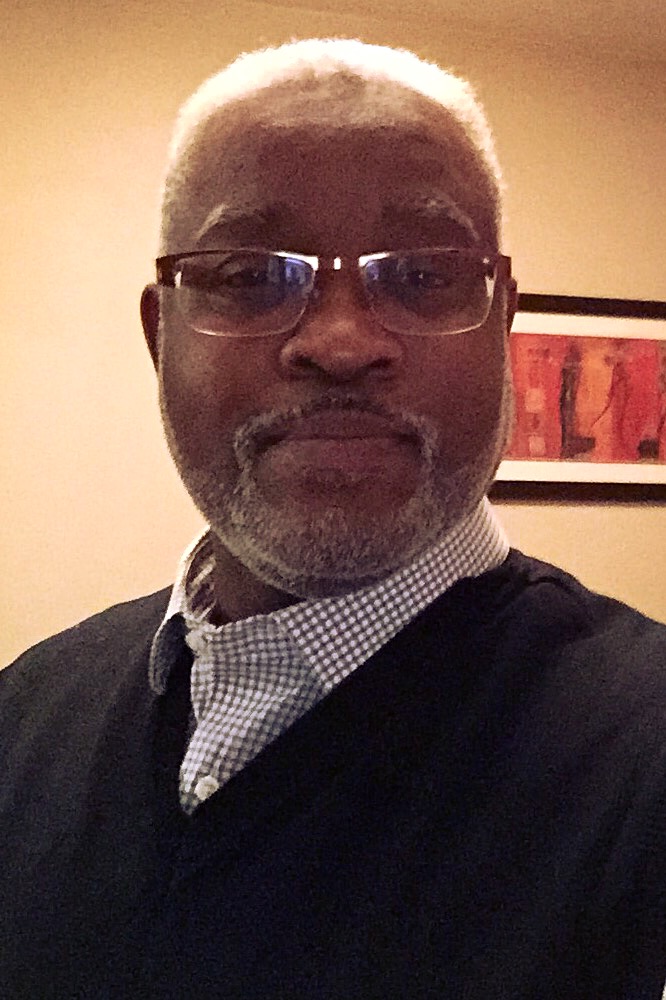Law, Decency, and Order: Preserving the Status Quo
By Lynn M. Hargrow, Special to TCR
On May 31, 2020, in response to protesters, the president of the United States sent a familiar message through Twitter. Richard Nixon used it in the 1970s to rally voters who were convinced that the civil rights movements of decades prior had ushered in social chaos, particularly in the nation’s cities. Yet, the last president I remember calling for law and order was Donald Trump’s predecessor.
President Obama invoked this refrain in his 2014 comments about the “riots” in Ferguson. A grand jury’s failure to indict Darren Wilson ignited protests in November. Those demonstrations took various forms, many of them violent, all of them disruptive. President Obama was not sympathetic to violent reactions. He identified the protesters’ frustrations as well as their “sense that our laws are not always being enforced uniformly or fairly” and even justified that sense by saying it was “rooted in realities that have existed in this country for a long time.”
Obama’s identification turned into condemnation when he considered the destruction that some demonstrators caused: “Burning buildings…destroying property—there’s no excuse for it. Those are criminal acts.”
On November 24, speaking to the country and deigning to its hurt black citizens, Obama said, “we are a nation built on the rule of law. And we need to accept that this decision was the grand jury’s to make.” He followed up with invocations for people to “peacefully” gather together with law enforcement to make “meaningful change” – a sentiment he has echoed in recent days amid the protests of recent killings. I could almost hear him invoking the black Methodist maxim: “everything must be done decently and in order,” which itself is a reverberation of 1 Corinthians 14:40.
To be sure, Obama was not dog-whistling to white conservatives. He was, in a way, doing his job: enforcing the law. Obama treaded this line of protecting the status quo and trying to console a restless minority—one that has been at the whims of the status quo since this country’s founding. Yet, both of their responses to lawlessness put me at great dis-ease. The laws Obama was asking us to respect are unjust. This is why people were upset.
Laws are unjust because the people making them do not design them with justice in mind. Let me be more specific. The laws that govern black, brown, native, poor, disabled, LGBTQ, and female people are not just. This is why there is never a moment in US history that these groups of people are not struggling for equal treatment under the law. Whether a president is trying to direct people to use the law to make the system “more just” or using it as a signal to whites that they must quell racial unrest, I remain skeptical about the phrase. Blacks have long been skeptical towards “law and order” in politics.
Yet, skepticism gives way to embrace as we declare “everything must be done decently and in order” in churches. As a Methodist from birth, process and order were essential to my faith, even as I struggled in my childhood against its limits. I saw too often a church bound by order police young people’s expressions in clothing and worship. I saw order marginalize anyone who questioned its usefulness.
The limits of decency are certainly tested in any Methodist general conference. In fact, general conferences seem to test every Methodist value. I attended one 10 years ago where the conference was deciding a bishop’s “honorable retirement.” Normally, these matters are perfunctory and bishops are showered with expressions of praise for their long service. In this instance, however, a pastor who served underneath the bishop in question rose to debate the motion. The chair was ready to vote and called for the previous question. The pastor expressed “unreadiness,” as he felt the delegation did not understand a case being brought against the bishop’s character. He was gaveled down by the chair, who seemingly did not have an appetite for more discussion. The pastor continued to assert his right to express unreadiness. The chair interrupted: “you are out of order.” Still juvenile in my parliamentary awareness, I leaned over to another delegate and asked “who is out of order?” Her reply silenced any further questions: “The chair is always in order. He’s the bishop.”
My memory of Robert’s Rules of Order was that the chair was a “servant of the meeting.” Yet, the culture and order of most black Methodist meetings dictate that the person with the most power sets the order. Challenging the chair’s ruling isn’t as simple as trying to convince the “servant of the meeting,” it is challenging the will of the bishop. One wonders what would have happened if the chair had allowed the debate to occur, which was—according to “the law”—proper.
There is another limit to the call of “decency and order.” Law unifies and orders us; but, as the scriptures remind, it does not justify. Neither decency, law, or order make the ways we interact with each other just. One only has to visit a general conference to know many interests go into the passage of resolutions and justice is often far away from those debates. The myriad of motivations for passing what goes into The Discipline should make us question the powers of law and order.
The Bible shows the tensions between what is right or just and what is lawful or orderly. One struggles to reason that Jesus was guided by decency as he became incensed at the lawful gathering of merchants in the temple. Where is the order in Jesus overturning tables and “driving” people out of a place? Jesus takes issue with the status quo anytime he begins a sentence, “You have heard it said.” Despite our attempts to render Jesus “the prince of peace,” he was—legally—an insurrectionist, defying many laws and customs. After all, he was executed because of his sedition of the state.
When we admonish, as Paul does the Corinthians, “all things should be done decently and in order,” we forget that the most transformative work happens when decency and order are cast aside—that there’s a legacy of insurrections our enslaved ancestors wrought to pursue freedom. We sanitize the illegal collective actions of Jesus and his zealots. We, like presidents Obama and Trump, forget that transformation rarely occurs by staying in line. We would most certainly live up to the radical calls of our ancestors and Jesus to understand that if everything is done in decency and order, nothing will ever change.





